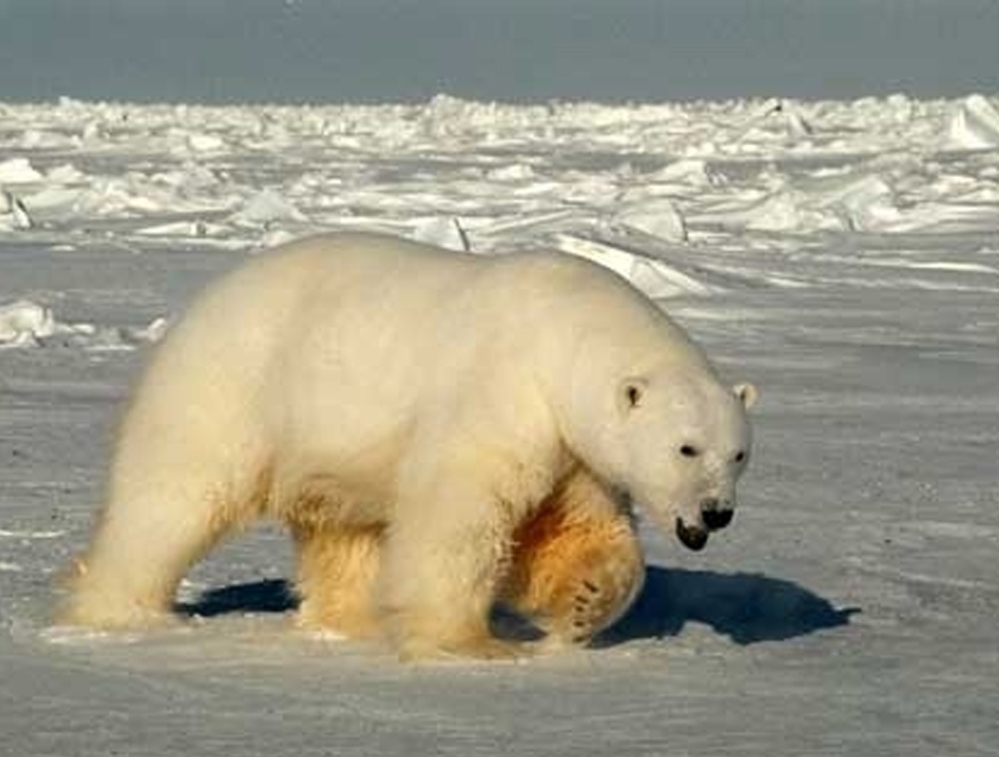LIMA, Peru — With temperature data showing 2014 currently tied for the hottest year on record, the U.N. weather agency on Wednesday rejected claims that global warming has paused.
The World Meteorological Organization said the global average temperature in January-October was 0.57 Celsius (1.03 Fahrenheit) above average, the same as in record hot year 2010.
The ocean temperature set a new record in the nine-month period, while land temperatures were the fourth or fifth highest since record-keeping began in the 19th century, the WMO said in a report released at U.N. climate talks in Lima and at its headquarters in Geneva.
“The provisional information for 2014 means that 14 of the 15 warmest years on record have all occurred in the 21st century,” WMO Secretary-General Michel Jarraud said in a statement. “There is no standstill in global warming.”
Climate skeptics point to a perceived hiatus in the temperature rise since 1998, an exceptionally hot year, to support their claims that man-made warming is not a big problem. Most climate scientists reject that idea. Michael Oppenheimer of Princeton University said the long-term warming trend is combined with natural variations that tend to be cyclical, with a period of lower-than-average warming followed by a period of rapid warming.
“Whether such a period is about to begin, we cannot say but the warm 2014 is a reminder that the warming never stopped and the long-term trend is up, up, up,” Oppenheimer said.
Parts of the planet were cooler than average, including large areas of the U.S., Canada and central Russia. But most of the world experienced temperatures above average, with heat waves in South Africa, Australia and Argentina in January and in large parts of South America in October, according to the WMO assessment, which was based on two global data sets from the U.S. and one from Europe.
Ocean temperatures were particularly high in the northern hemisphere from June to October.
“Around 93 percent of the excess energy trapped in the atmosphere by greenhouse gases from fossil fuels and other human activities ends up in the oceans. Therefore, the heat content of the oceans is key to understanding the climate system,” the WMO said.
While scientists are now 95 percent certain that the temperature rise since the middle of the 20th century is mostly man-made, they can’t say with the same confidence how the warming affects different parts of the climate system, including the frequency of tropical storms or hurricanes.
By Nov. 13 there had been 72 tropical storms, well below the average of 89.
Arctic sea ice shrunk to the sixth lowest level on record in September.
Send questions/comments to the editors.



Success. Please wait for the page to reload. If the page does not reload within 5 seconds, please refresh the page.
Enter your email and password to access comments.
Hi, to comment on stories you must . This profile is in addition to your subscription and website login.
Already have a commenting profile? .
Invalid username/password.
Please check your email to confirm and complete your registration.
Only subscribers are eligible to post comments. Please subscribe or login first for digital access. Here’s why.
Use the form below to reset your password. When you've submitted your account email, we will send an email with a reset code.